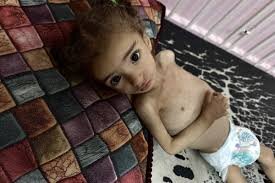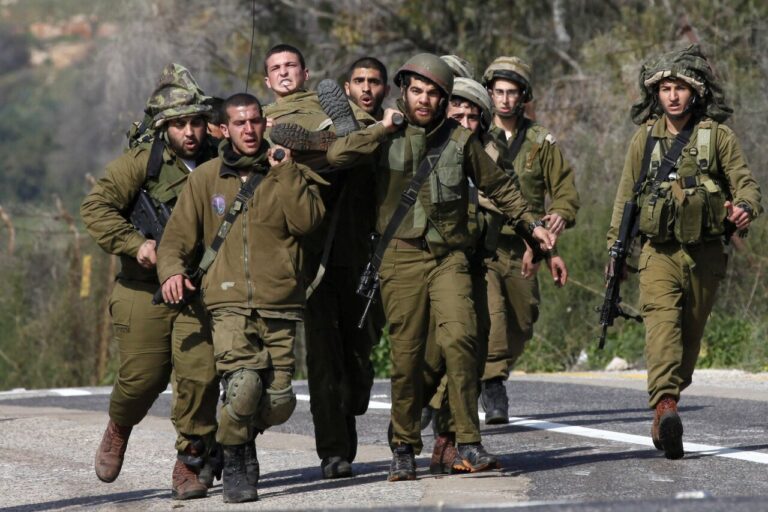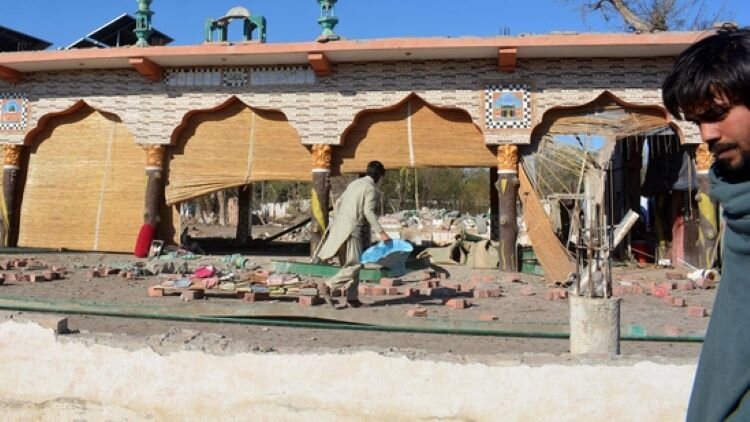UN Sounds Alarm: 14,000 Babies in Gaza at Risk of Death in Days
In a dire situation unfolding in Gaza, the United Nations has issued a stark warning that thousands of babies could perish within days due to a critical shortage of food and medical supplies. This urgent plea comes as Israel has permitted a limited number of humanitarian trucks to enter the besieged region for the first time in weeks, according to Time Magazine.
On Tuesday, the UN announced it has received authorization to send “around 100” aid trucks into Gaza following an 11-week blockade that has severely restricted access to essential resources. UN humanitarian chief Tom Fletcher emphasized the gravity of the situation, stating that without immediate intervention, an alarming 14,000 babies could die within just 48 hours due to a lack of urgent nutrition and medical care.
Fletcher described the current state of humanitarian aid as “catastrophic,” noting that the flow of supplies is insufficient, referring to it as “a drop in the ocean.” On Monday, only five trucks managed to enter Gaza, highlighting the critical need for increased support. He expressed profound concern for the vulnerable infants and their families, stating:
“This is not food that Hamas is going to steal. We run the risk of looting, of being hit by the Israeli offensive. We will be impeded, we will run huge risks, but I don’t see a better idea than getting that baby food in, to those moms, who at the moment cannot feed their own kids.”
The situation in Gaza is growing increasingly precarious, with humanitarian organizations calling for a more robust response to avert a looming disaster. Here are some key points regarding the current humanitarian crisis:
- Severe Food Shortages: The blockade has led to critical shortages of food, particularly for infants and young children.
- Medical Aid Deficiencies: Essential medical supplies are also scarce, putting the health of thousands at risk.
- High Infant Mortality Risk: The UN has indicated that time is running out, with thousands of babies facing imminent danger.
- International Response: Calls for increased international humanitarian efforts are growing as the situation deteriorates.
The UN’s warning serves as a clarion call for the international community to mobilize resources and provide support to those in Gaza. The need for food, medical supplies, and overall humanitarian assistance has never been more critical. As the humanitarian situation continues to evolve, organizations are urging swift action to ensure that aid reaches those most in need.
In addition to the immediate threats posed by food and medical shortages, the ongoing conflict exacerbates the challenges faced by humanitarian workers on the ground. With limited access and ongoing hostilities, delivering aid safely remains a significant concern. Fletcher’s statements underscore the precarious nature of the situation, as organizations attempt to navigate the complexities of delivering aid amidst conflict.
Moreover, the impact of the blockade extends beyond immediate survival. Children who are deprived of adequate nutrition and medical care are at risk of long-term health complications, potentially affecting their development and future prospects. The cycle of poverty and instability may deepen if urgent measures are not taken to address the humanitarian needs of the population.
As the world watches, the plight of those in Gaza should not be overlooked. International humanitarian law mandates that all parties to a conflict must allow and facilitate rapid and unimpeded passage of humanitarian relief for civilians in need. The current situation in Gaza highlights the urgent need for adherence to these principles.
The international community is called upon to step up and provide the necessary support to prevent a humanitarian catastrophe. It is crucial for global leaders to engage in dialogue and work towards a sustainable resolution to the conflict, ensuring that the needs of civilians, especially the most vulnerable—babies and children—are prioritized.
In conclusion, the situation in Gaza is desperate, and immediate action is essential. The United Nations has sounded the alarm, and it is imperative that the global community responds with urgency and compassion. Only through collective efforts can we hope to alleviate the suffering of those caught in this crisis and protect the lives of countless innocent children.






